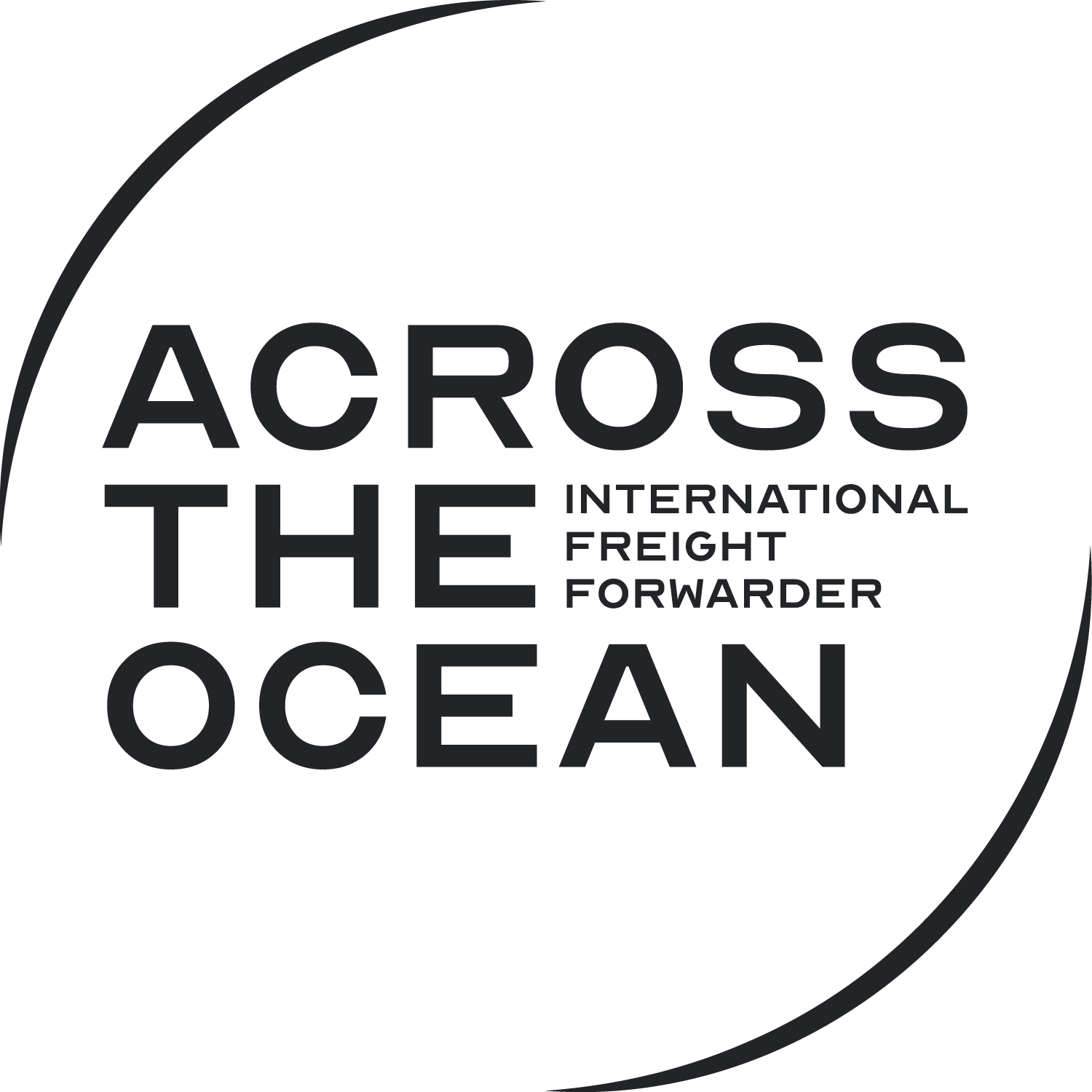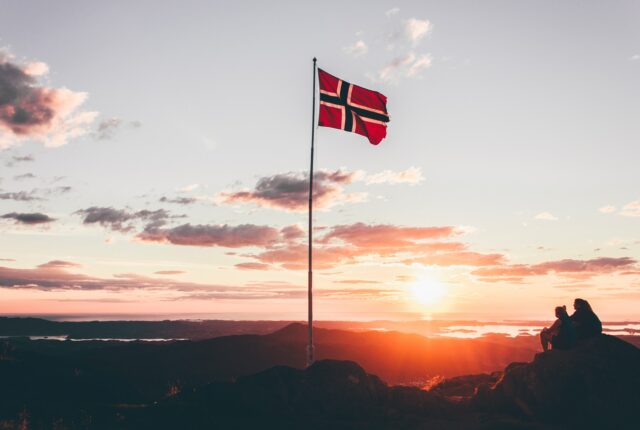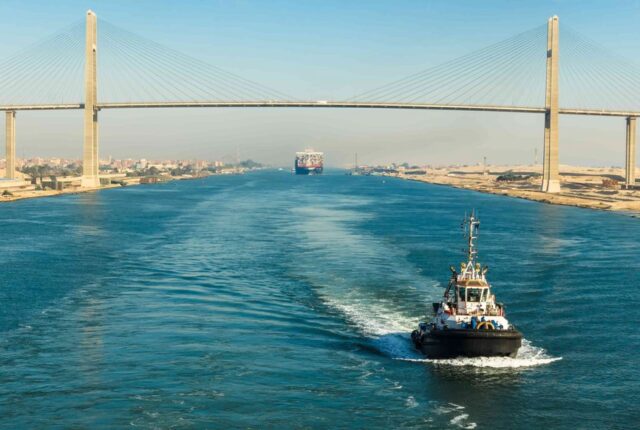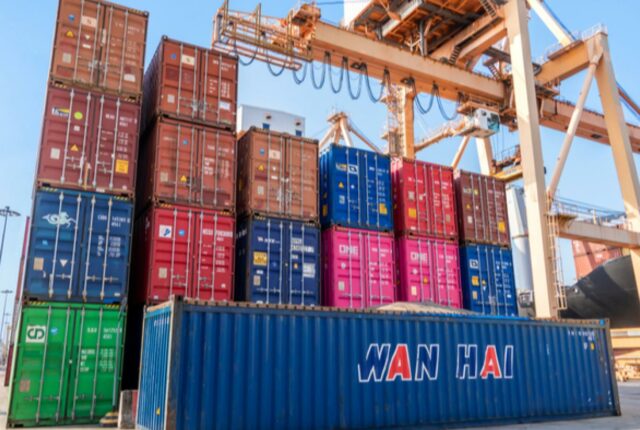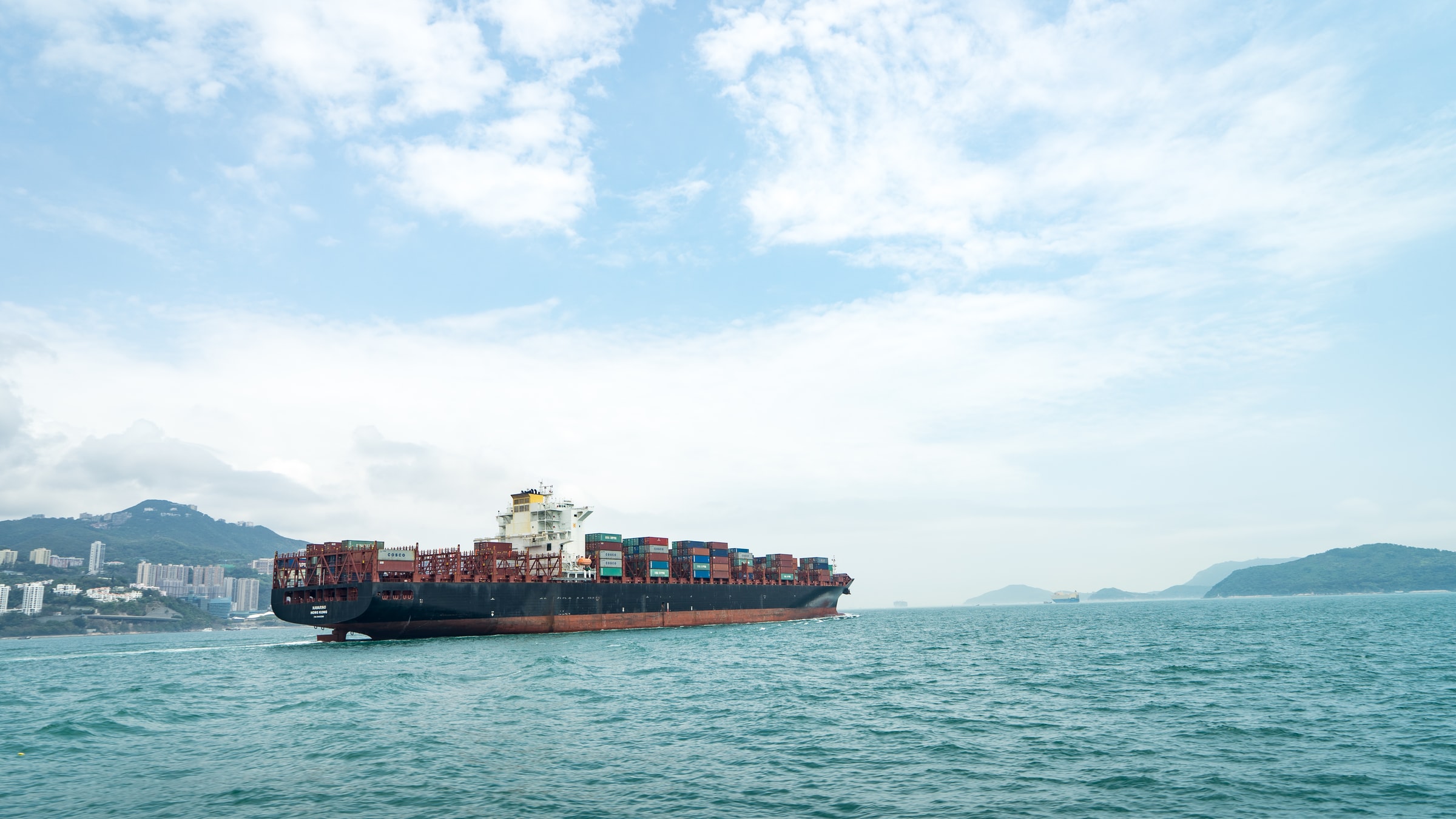
Biofuel Supply Framework in Development
Currently, Singapore-based Global Centre for Maritime Decarbonisation (GCMD) are leading the development of a biofuel supply framework. In conjunction with 18 companies from the shipping industry. Their aim is to establish a stable and reliable biofuels.
This is a “ first of its kind in extent and complexity” according to the group. Providing ship owners greater assurances that biofuels are accessible and accelerate the adoption of drop-in biofuels as a near-term measure to advance decarbonisation in the maritime industry.
In order for the adoption of biofuels the IMO has had to take important steps in lowering the regulatory hurdles. There have been recent amendments to MARPOL which state no waivers are needed to use fuel blends now with upto 30% biofuels for propulsion, known as B30. However, the IMO have said that there is no industry-wide assurance framework that addresses concerns on the quantity, quality, and GHG emissions abatement of biofuels and green marine fuels.
Professor Lynn Loo, CEO of GCMD stated, “By facilitating and creating an optimised drop-in green fuels supply chain, this pilot will help to shape national and international standards of biofuels bunkering and lower the barrier for their wider adoption to reduce greenhouse gas emissions from a lifecycle perspective,”
He went on to say, “In curating and executing this first-of-its-kind drop-in biofuels pilot, GCMD is positioned to address stakeholder pain points in the complexities of the supply chain of green marine fuels in a meaningful way.”
Building on the prior trials involving biofuels, the aim is to optimise the entire supply chain of bunker fuels. There is a bottom up approach taken in this project. The whole system will be designed through the lens of the shipowner. The project will start with fuel blends involving existing biofuels, such as hydrotreated vegetable oil (HVO) and fatty acid methyl esters (FAME) blended with either very low sulphur fuel oil (VLSFO), high-sulphur fuel oil (HSFO) or marine gas oil (MGO) in blends up to 30% biofuels (B30).
BunkerTrace has developed a product which allows the research team to track marine fuels from production to vessel propulsion. As a result, it will address the traceability of drop-in biofuels from production, distribution, transportation, storage, and bunkering to shipboard application. Providing end-to-end biofuel supply framework transparency. The shelf life and long term stability of the various biofuels will be addressed in testing labs.
The pilot began on August 1, 2022. This scheme will run for between 12 to 18 months until complete.
The main body of this article was found at maritime-executive.com
